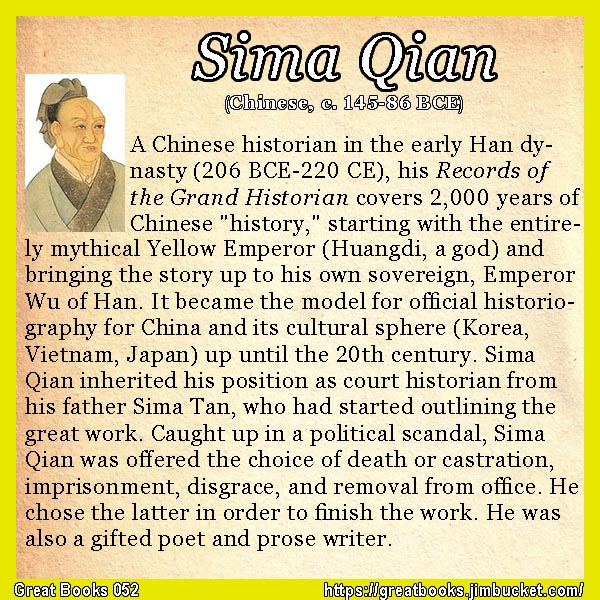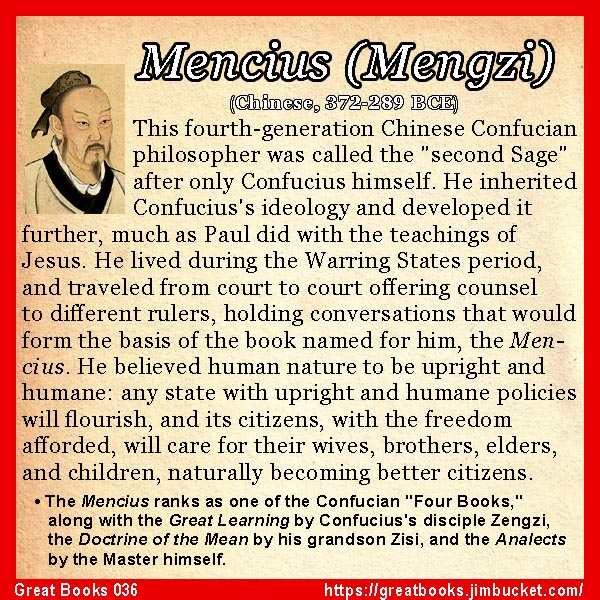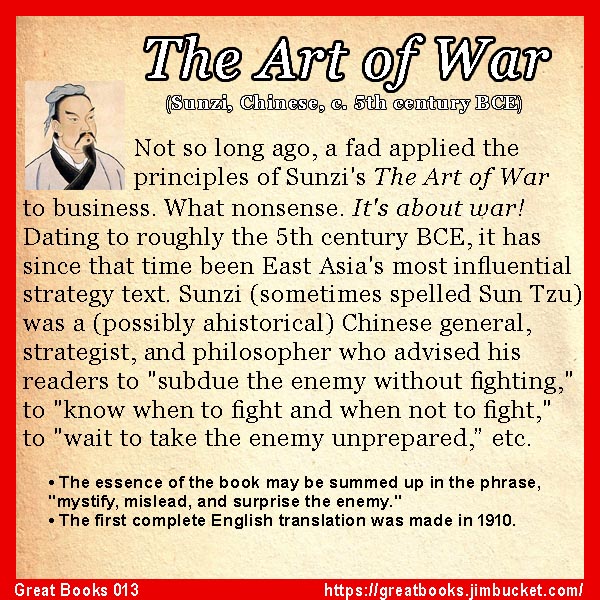THE LOTUS SUTRA (Indian Buddhism, c. 1st century BCE-2nd century CE)
The Lotus Sutra (in Sanskrit, the Saddharma Pundarika Sutra, or "Sutra on the White Lotus of the True Dharma") is one of the most influential sutras of Mahayana Buddhism, particularly important in the Chinese Tiantai (Jp. Tendai, Kr. Cheontae) sect, as well as Japanese Nichiren Buddhism. (The Chinese call it Fahua Jing; the Japanese, Myoho Renge Kyo or Hoke-kyo for short.) Some east Asians consider it the highest, final teaching of the Mahayana or "Great Vehicle." It teaches the doctrine of the One Vehicle (all Buddhist schools and practices are "skillful means" leading to Buddhahood); that all beings can become Buddhas; and that the lifespan of the Buddha is immeasurable, so he only appeared to pass on into final Nirvana (death)--he is still teaching the Dharma.











